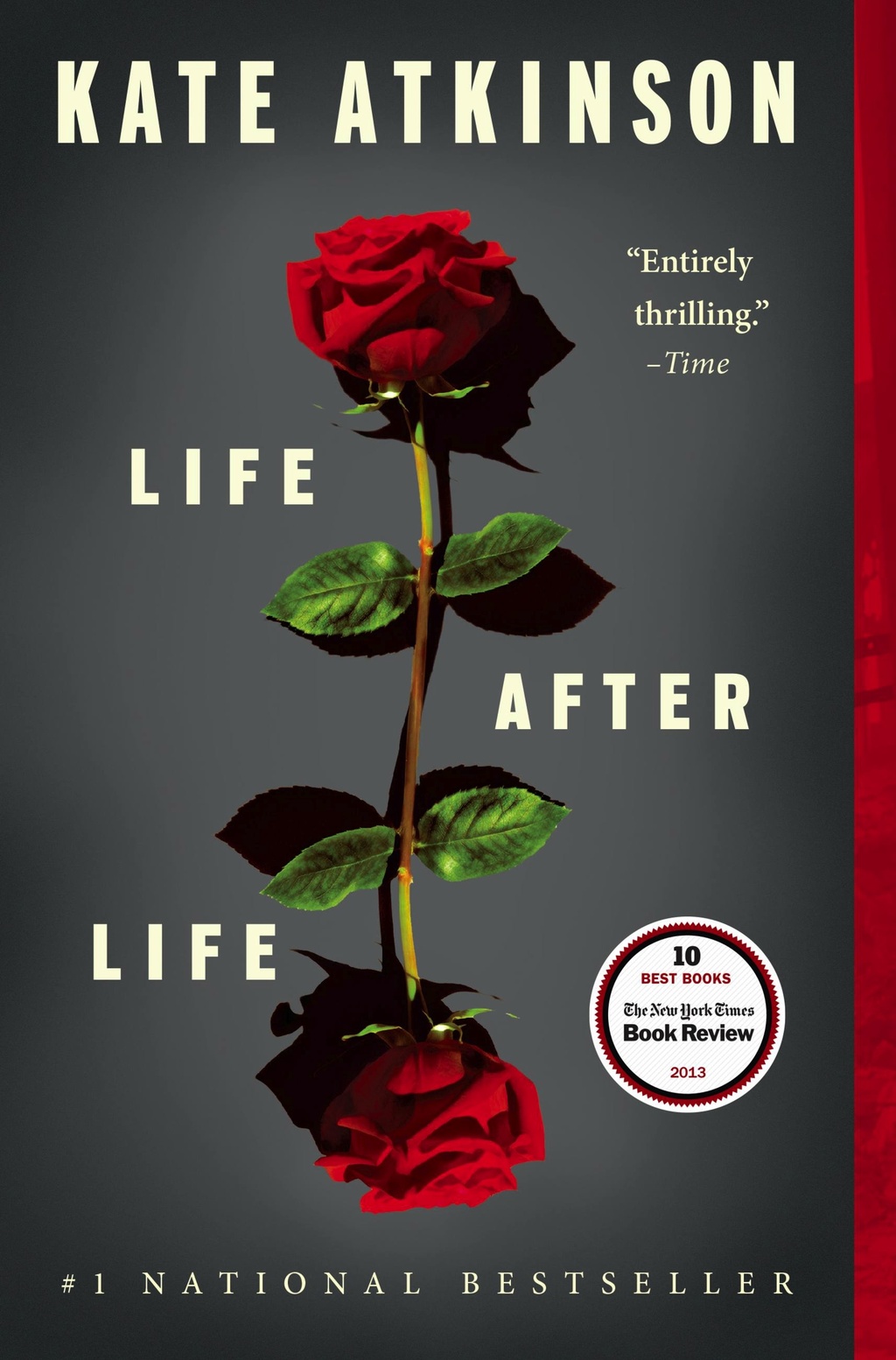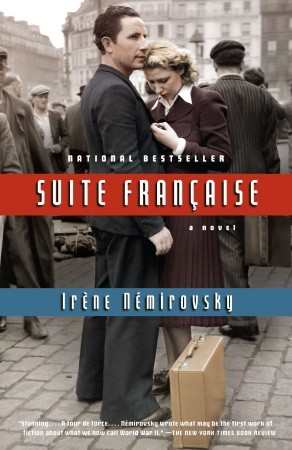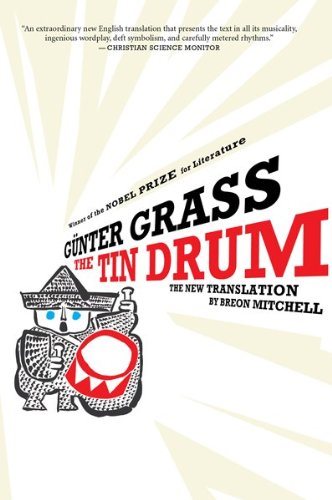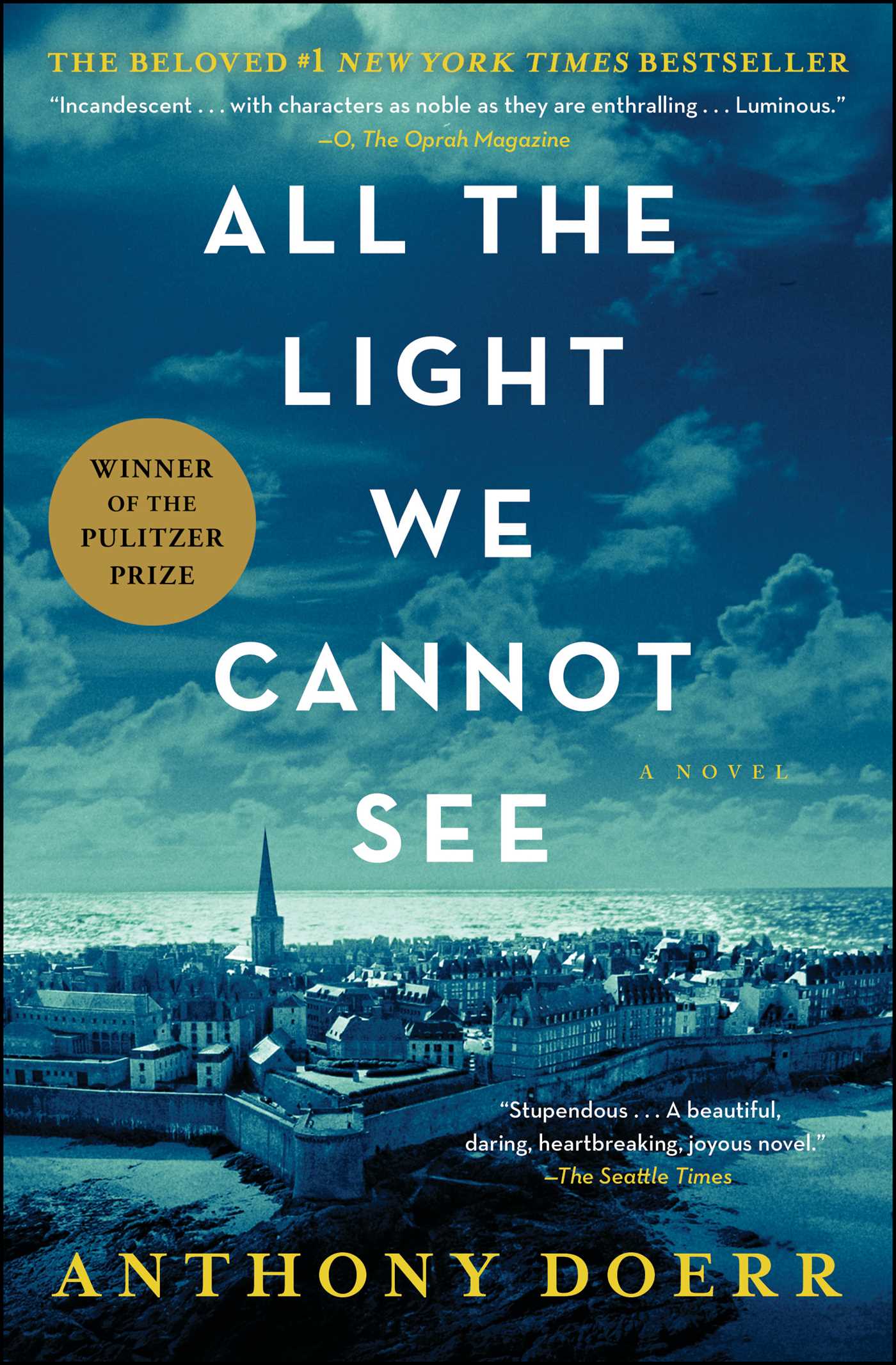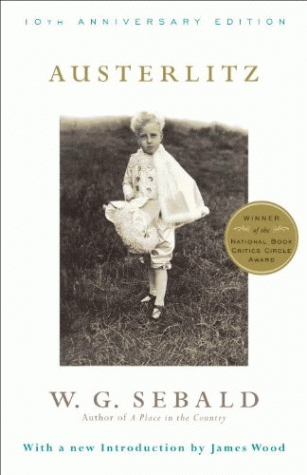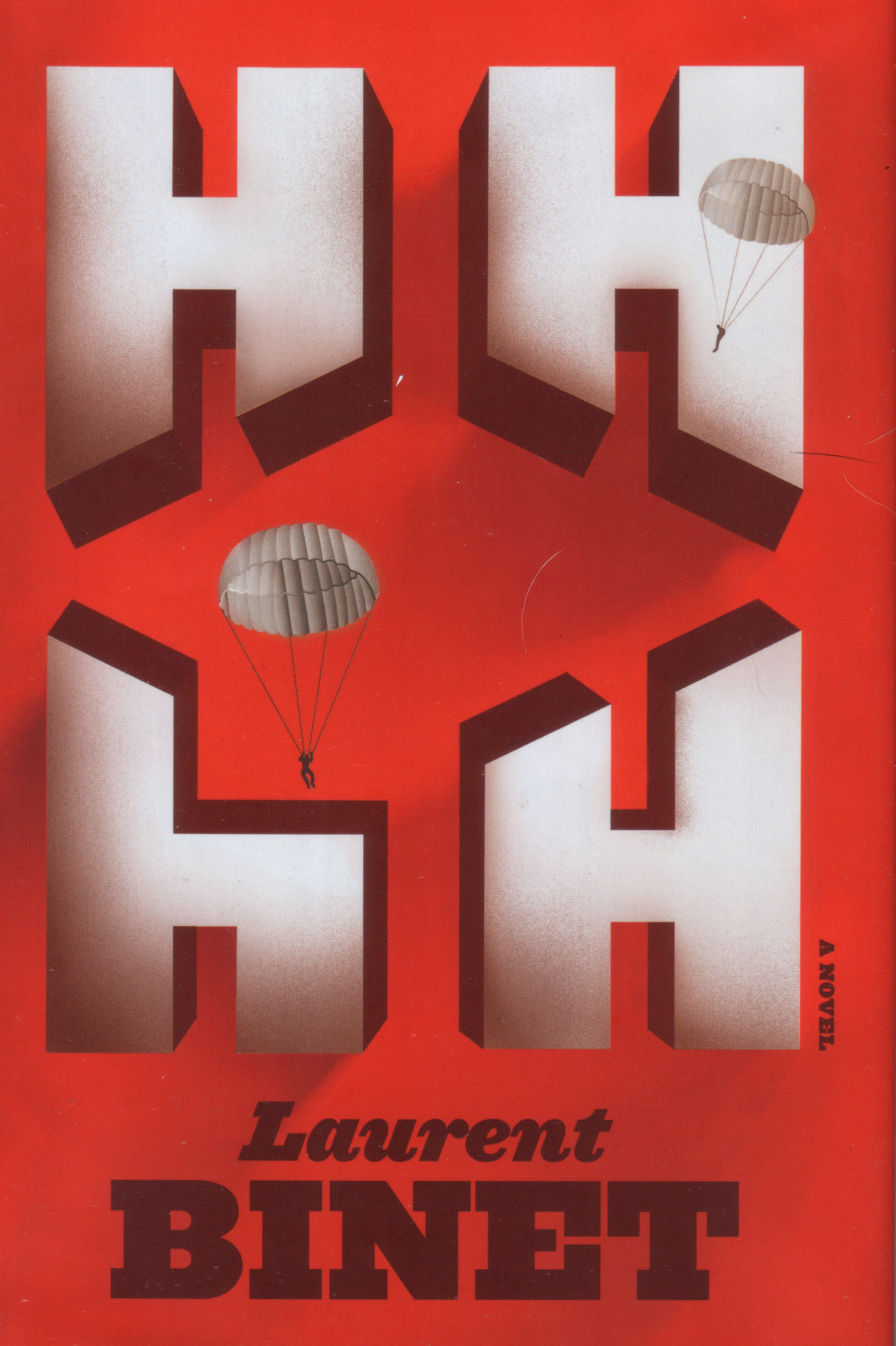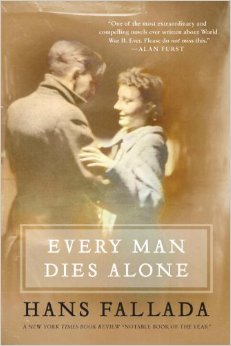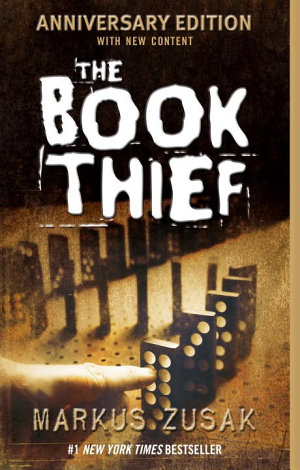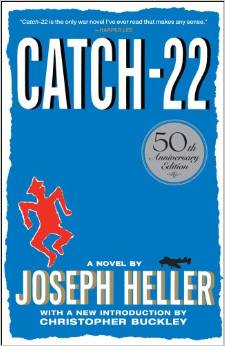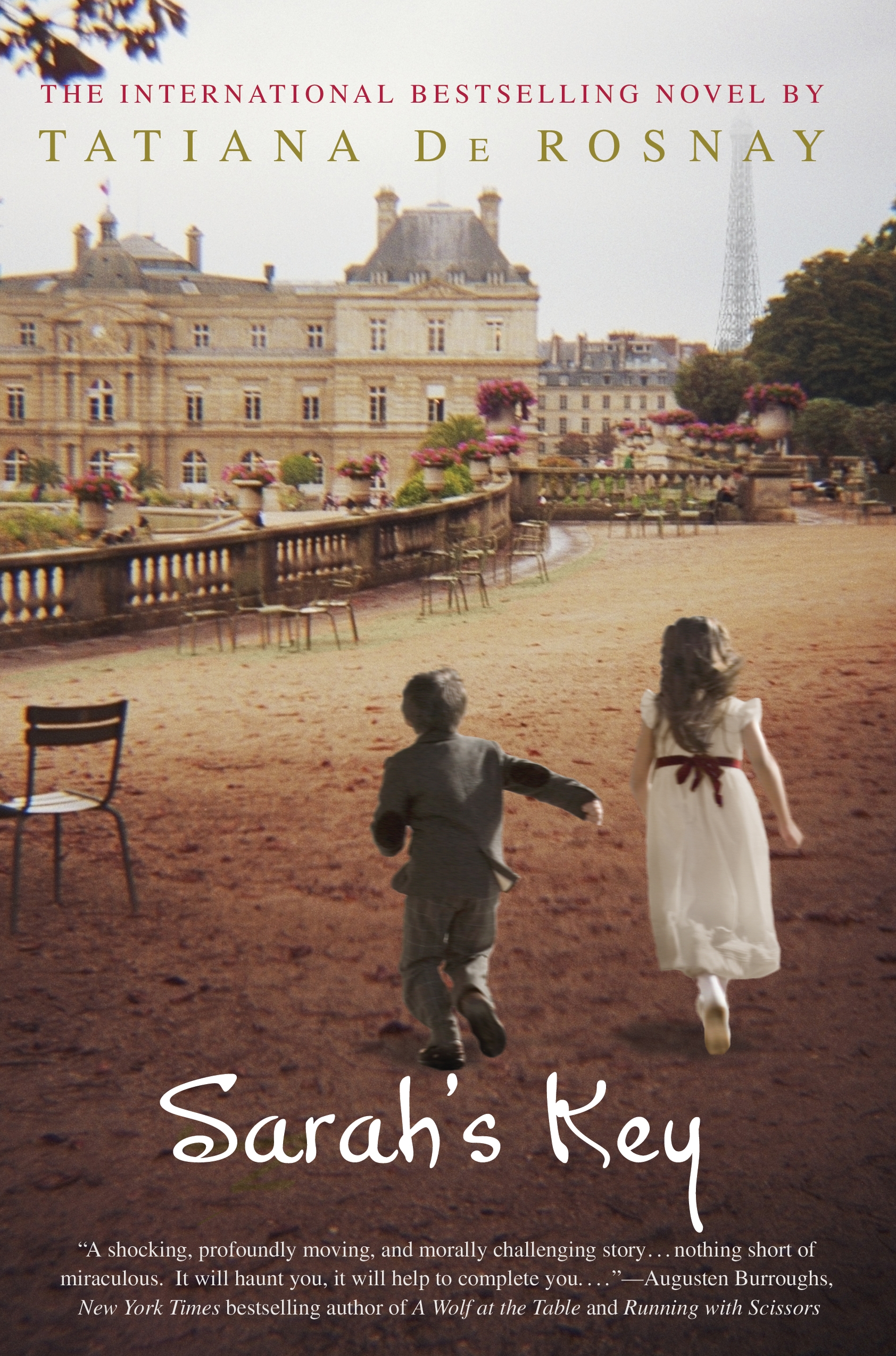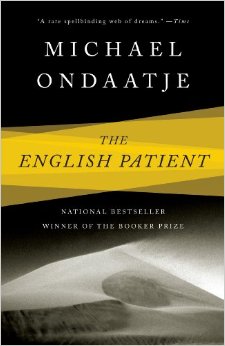Seventy years after its end, the Second World War has never ceased to be fertile ground for fiction. These stories are so enduring that many have been made into beloved feature films. From authors who lived and died in its carnage, to contemporary writers wrestling with its legacy, here are some of our favorite books set during the war that defined the twentieth century.
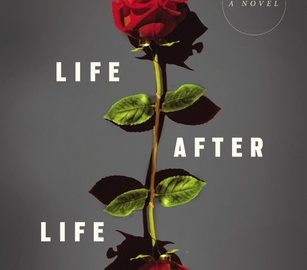
Remembrance of Things Past: 12 Moving Novels of the Second World War
During a snowstorm in 1910, a baby is born. She dies before she can draw her first breath. During a snowstorm in 1910, the same baby is born and lives. What if there were an infinite number of chances to live your life? Would you be able to save the world from its own destiny? What power can one woman exert over the fate of civilization as she lives through the turbulent events of the twentieth century again and again?
During a snowstorm in 1910, a baby is born. She dies before she can draw her first breath. During a snowstorm in 1910, the same baby is born and lives. What if there were an infinite number of chances to live your life? Would you be able to save the world from its own destiny? What power can one woman exert over the fate of civilization as she lives through the turbulent events of the twentieth century again and again?
MENTIONED IN:
Irène Némirovsky was a successful French writer when she began working on this literary masterpiece. But she was also Jewish, and in 1942 she was deported to Auschwitz: a month later, she was dead at the age of thirty-nine. A piercing evocation of life and death in occupied France, this luminous novel portrays the human drama in which she herself would become a victim.
As Parisians feel the city on the eve of the Nazi occupation, human folly surfaces in every imaginable way: a wealthy mother searches for sweets in a town without food; a couple is terrified at the thought of losing their jobs, even as their world begins to fall apart and in a provincial village, occupied by German soldiers, the locals must learn to coexist with the enemy—in their town, their homes, even in their hearts. After she was deported to Auschwitz, where she died, Irène Némirovsky brilliant book was hidden for sixty-four years.
We were saddened to hear of the recent passing of the visionary, Nobel Prize winning novelist Günther Grass. One of the great novels of the twentieth century, it is the most complex and deeply disturbing embodiment of the themes that Grass explored throughout his literary career: the German nation's and his own complicity in the Nazi regime. More than fifty years after its original publication, it is only gaining in power and relevance.
We were saddened to hear of the recent passing of the visionary, Nobel Prize winning novelist Gunther Grass. The Tin Drum, one of the great novels of the twentieth century, is the most complex and deeply disturbing embodiment of the themes that Grass explored throughout his literary career: the German nation's and his own complicity in the Nazi regime. More than fifty years after its original publication, it is only gaining in power and relevance.
A stunningly ambitious and beautiful novel about a blind French girl and a German boy whose paths collide in occupied France as they both try to survive the devastation of World War II. A finalist for the National Book Award and now the winner of the Pulitzer Prize, this novel is already beloved for how it illuminates the ways, against all odds, that human beings try to be good to one another.
Already beloved by millions of readers, this novel follows a blind French girl and a German boy whose paths collide in occupied France as they both try to survive the devastation of World War II. The breakout hit of 2014, this beautiful novel was a finalist for the National Book Award and it just won the 2015 Pulitzer Prize for Fiction. If you haven't read it yet, this one should be at the top of your spring reading list.
MENTIONED IN:
Beginning in 1935 at an English manor home, a child’s imagination and precocious literary gifts bring about a crime that will change the lives of everyone at the estate. Following the repercussions of that crime through the chaos and carnage of World War II and into the close of the twentieth century, it is a symphonic novel of love and war, childhood and class, guilt and forgiveness.
Ian McEwan’s symphonic novel of love and war, childhood and class, guilt and forgiveness provides all the satisfaction of a brilliant narrative and the provocation we have come to expect from this master of English prose. Benedict is the icky Paul Marshall. His scene with the candy bar is worth every penny.
MENTIONED IN:
This celebrated masterpiece confronts the void at the heart of the twentieth century. Jacques Austerlitz came to England in 1939 on a Kindertransport and was told nothing of his background by the Welsh family who raise him. As a much older man, fleeting memories return to him, and obeying an instinct he only dimly understands, Austerlitz struggles to rescue his heritage from oblivion.
This celebrated masterpiece confronts the void at the heart of the twentieth century. Jacques Austerlitz came to England in 1939 on a Kindertransport and was told nothing of his background by the Welsh family who raise him. As a much older man, fleeting memories return to him, and obeying an instinct he only dimly understands, Austerlitz struggles to rescue his heritage from oblivion.
HHhH: “Himmlers Hirn heisst Heydrich,” or “Himmler’s brain is called Heydrich.” The most lethal man in Hitler’s cabinet, Reinhard Heydrich seemed indestructible—until two exiled operatives killed him and changed the course of history. This mesmerizing debut novel is at once thrilling and intellectually engrossing—a fast-paced novel of the Second World War that is also a profound meditation on the nature of writing and the debt we owe to history.
HHhH: “Himmlers Hirn heisst Heydrich,” or “Himmler’s brain is called Heydrich.” The most lethal man in Hitler’s cabinet, Reinhard Heydrich seemed indestructible—until two exiled operatives killed him and changed the course of history. This mesmerizing debut novel is at once thrilling and intellectually engrossing—a fast-paced novel of the Second World War that is also a profound meditation on the nature of writing and the debt we owe to history.
A sweeping saga of one working-class Berlin couple who launch a simple resistance campaign against the awesome power of the Reich. Written by a best-selling German novelist who saw his life crumble when he refused to join the Nazi Party—and published a mere two years after the war’s end—it became a surprise bestseller in 2009 when it appeared in English for the first time.
A sweeping saga of one working-class Berlin couple who launch a simple resistance campaign against the awesome power of the Reich. Written by a best-selling German novelist who saw his life crumble when he refused to join the Nazi Party—and published a mere two years after the war’s end—it became a surprise bestseller in 2009 when it appeared in English for the first time.
This unforgettable story of Liesel, a nine-year-old girl living with a foster family in Nazi Germany who steals books, is about the ability of books to feed the soul. As the Second World War rages across Europe, death will visit the book thief three times. In superbly crafted writing that burns with intensity, this novel is one of the most enduring stories of our time.
It is 1939. Nazi Germany. The country is holding its breath. Death has never been busier, and will become busier still. Liesel Meminger is a foster girl living outside of Munich, who scratches out a meager existence for herself by stealing when she encounters something she can’t resist–books. With the help of her accordion-playing foster father, she learns to read and shares her stolen books with her neighbors during bombing raids as well as with the Jewish man hidden in her basement.
MENTIONED IN:
A satirical indictment of military madness and the brutal insanity of war, this is the story of the incomparable malingering bombardier, John Yossarian. His real problem is not the enemy, but his own army and the hilariously sinister military bureaucracy. Explosive and subversive, this classic remains a cornerstone of American literature and one of the funniest books of all time.
The classic satire is the story of Captain John Yossarian who, hoping to escape deadly combat flights, must struggle with the equally deadly bureaucracy of the Army: a man is considered insane if he is willingly continues to fly dangerous combat missions, but if he makes a formal request to be removed from duty, he is proven sane and therefore ineligible to be relieved.
MENTIONED IN:
Sarah and her family were brutally arrested by the French police in the 1942 Vel’ d’Hiv roundup, but not before she locks her younger brother in a cupboard in the family’s apartment. As the sixtieth anniversary approaches, a journalist finds herself compelled to retrace Sarah’s ordeal, from the terrible days in the Vel’ d’Hiv to the camps and beyond, and stumbles upon a trail of long-hidden family secrets that connect her to Sarah.
Sarah and her family were brutally arrested by the French police in the 1942 Vel’ d’Hiv roundup, but not before she locks her younger brother in a cupboard in the family’s apartment. As the sixtieth anniversary approaches, a journalist finds herself compelled to retrace Sarah’s ordeal, from the terrible days in the Vel’ d’Hiv to the camps and beyond, and stumbles upon a trail of long-hidden family secrets that connect her to Sarah.
With unsettling beauty and intelligence, this Man Booker Prize–winning novel traces the intersection of four damaged lives in an abandoned Italian villa during the closing days of World War II. At the center of the narrative lies the English patient, nameless and hideously burned, a man who is both a riddle and a provocation to his companions, and whose memories of suffering, rescue, and betrayal illuminate this book like flashes of lightning.

